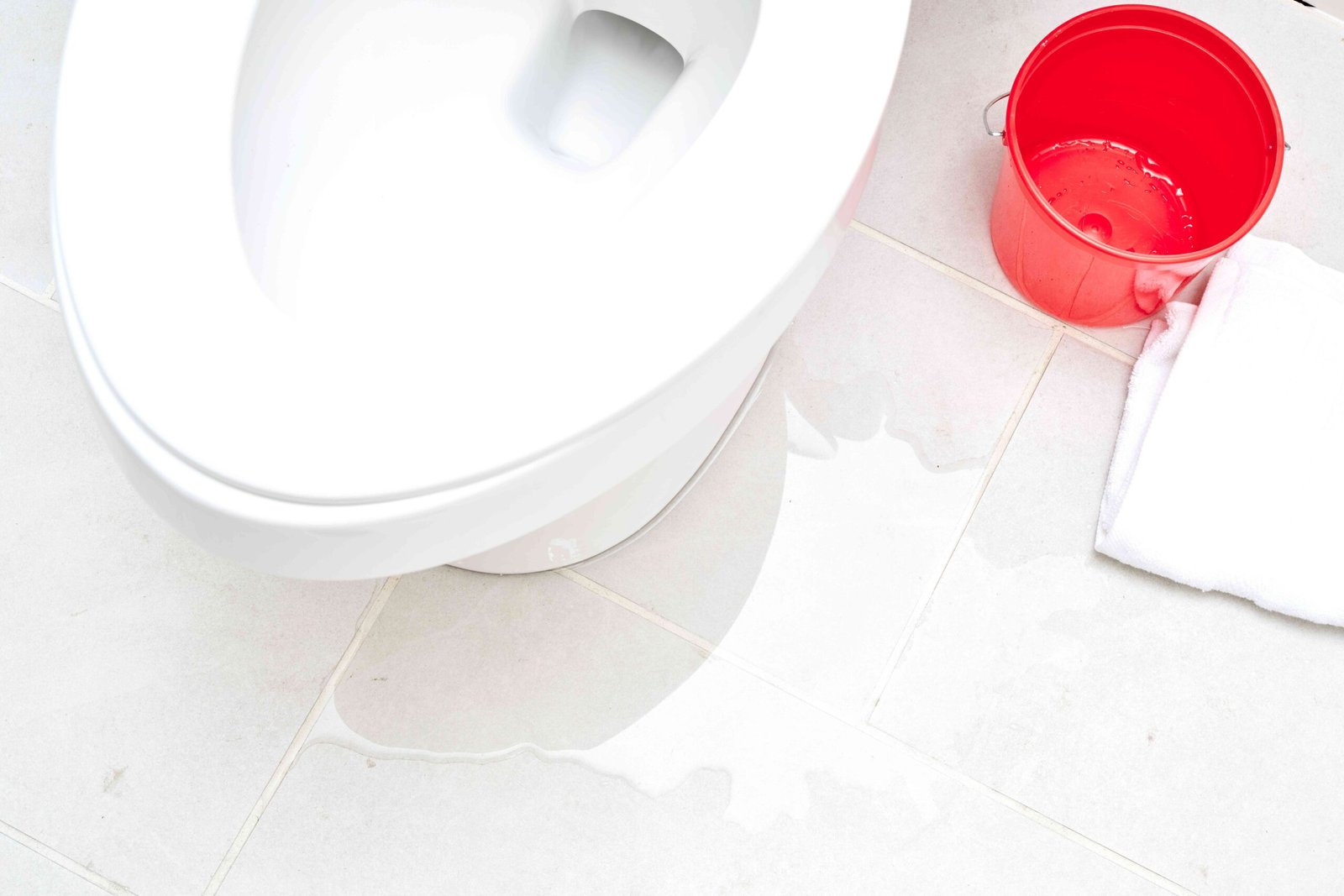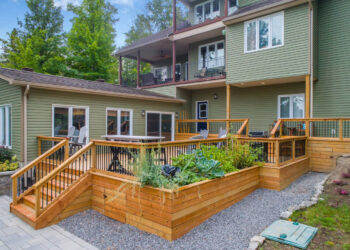The rapidly evolving landscape of smart home technology, innovations have reached even the most fundamental aspects of our living spaces.
One area that has seen significant advancements is plumbing. The integration of smart solutions not only enhances convenience but also contributes to sustainability and efficiency. In this blog, we will explore the exciting world of smart plumbing solutions designed for the modern home.
Examples of Smart Solutions
As technology continues to advance, the trajectory of intelligent plumbing systems suggests a future filled with even more groundbreaking innovations. Here are some glimpses from Plumber to the Rescue into what the future might hold:
Leak detection and automatic shut-off systems
One of the most critical challenges homeowners face is water damage due to leaks. Smart plumbing solutions have addressed this issue with advanced leak detection systems. These systems use sensors to monitor water flow and can detect unusual patterns or leaks in real-time. In the event of a potential problem, automatic shut-off valves can be activated, preventing extensive damage and costly repairs. This not only safeguards your home but also conserves water by minimizing wastage.
Water-saving toilets and showers

As per the Plumbers to the Rescue, water conservation is a pressing concern, smart toilets and showers have emerged as champions of efficiency. These fixtures incorporate sensor technology to optimize water usage.
Smart toilets, for instance, adjust flush volumes based on the type of waste detected, ensuring that only the necessary amount of water is used. Smart showers can regulate water flow and temperature, providing an eco-friendly bathing experience without compromising comfort.
Also Read- How Much Money Does a Small Leak Cost?
Voice-activated faucets and appliance controls
The integration of voice-activated technology into plumbing fixtures adds a touch of luxury and convenience to modern homes. Imagine being able to turn on the kitchen faucet or fill the bathtub with a simple voice command. Voice-activated faucets and appliance controls not only streamline daily tasks but also contribute to a more accessible and inclusive home environment, especially for individuals with mobility challenges.
Remote monitoring and diagnostics for potential issues
Prevention is key when it comes to plumbing issues, and smart technology takes this to the next level. Remote monitoring systems enable homeowners to keep a constant eye on their plumbing infrastructure through mobile apps or web interfaces.
These systems provide real-time updates, alerting users to potential problems before they escalate. Additionally, some smart plumbing solutions offer diagnostic features, allowing users to assess the health of their plumbing systems and schedule maintenance proactively.
Advanced Water Filtration and Purification
As concerns about water quality grow, future smart plumbing solutions may include advanced water filtration and purification features. Smart faucets could incorporate real-time water quality monitoring and adjust filtration settings accordingly. This would not only contribute to healthier living but also reduce the reliance on single-use plastic water bottles.
Integration with Smart Home Ecosystems
The future of smart homes lies in seamless integration between various systems. Intelligent plumbing systems are likely to become more interconnected with other smart home devices, such as thermostats, security systems, and energy management platforms. This integration could result in a holistic approach to home automation, where different systems work in harmony to enhance overall efficiency and convenience.
Considerations before Implementing Smart Tech
Before diving into the world of smart plumbing, it’s crucial to consider a few factors to ensure a seamless integration:
Installation costs
While the long-term benefits of smart plumbing solutions are substantial, it’s essential to be aware of the initial installation costs. Prices may vary depending on the complexity of the system and the features it offers. However, many homeowners find that the investment pays off over time through water savings, reduced repair costs, and increased property value.
Compatibility with existing systems
Before implementing smart plumbing technology, assess the compatibility with your existing plumbing infrastructure. Retrofitting may be necessary in some cases, and it’s important to ensure that the smart components seamlessly integrate with your current setup. Consulting with a professional plumber or a smart home expert can help you make informed decisions about the compatibility of different systems.
Data privacy concerns
The connectivity of smart plumbing solutions raises valid concerns about data privacy. As these systems collect and transmit data, it’s essential to choose reputable brands that prioritize robust security measures. Reviewing privacy policies and understanding how your data will be handled is crucial in maintaining a secure and trusted smart home environment.
Conclusion
As we look ahead, the future of intelligent plumbing systems is poised to bring even more exciting innovations to our homes. From enhanced water-saving features to improved diagnostics and monitoring capabilities, smart plumbing is reshaping the way we interact with our living spaces.
While there are considerations to take into account, the benefits in terms of convenience, sustainability, and efficiency make smart plumbing solutions a compelling choice for the modern homeowner. Embrace the technological wave and transform your home into a hub of intelligent, connected living.









